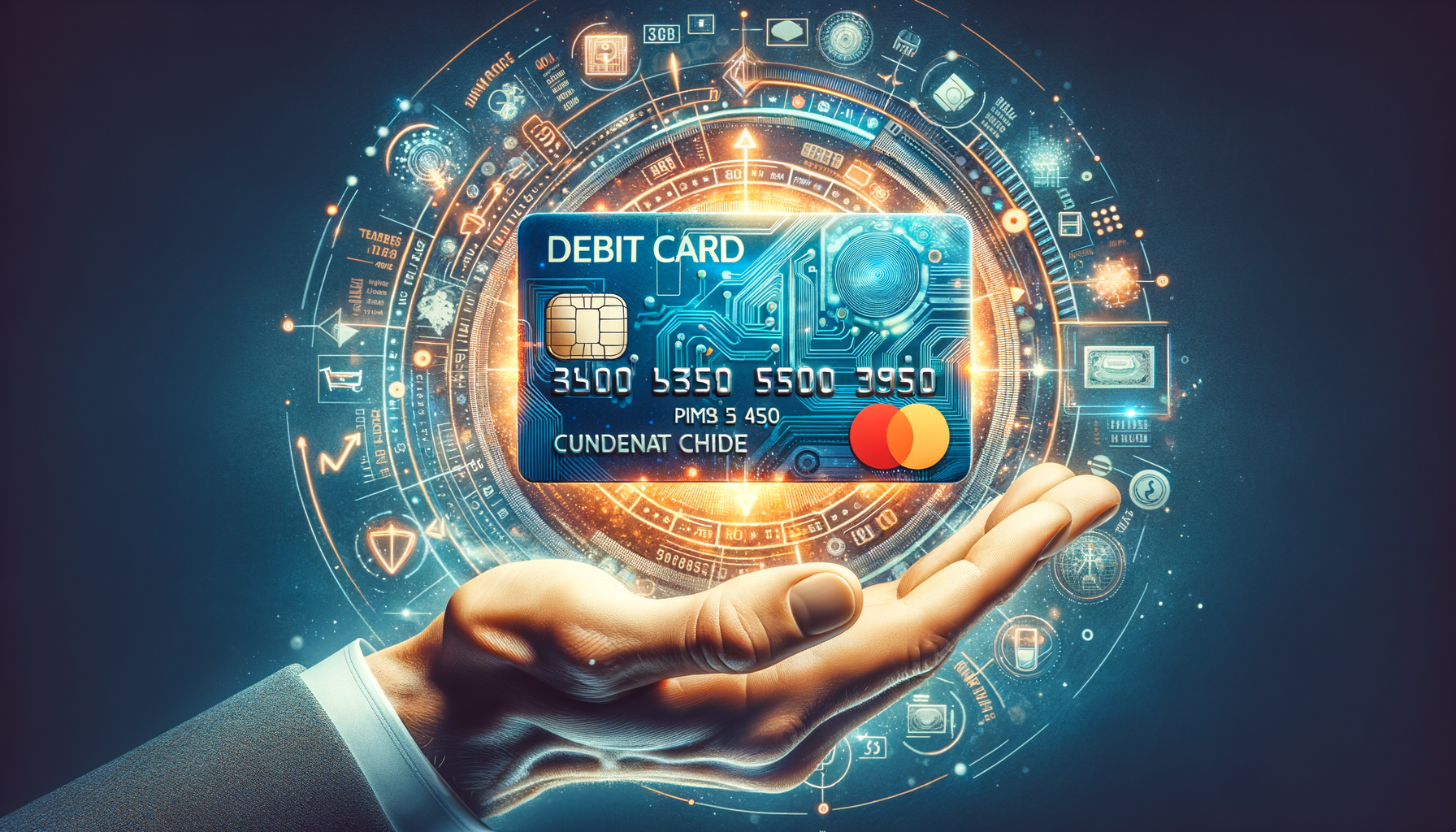What is a Debit Card?
A debit card is a payment card that deducts money directly from a consumer’s checking account to pay for a purchase. Unlike credit cards, which allow you to borrow money from the card issuer up to a certain limit to purchase items or withdraw cash, debit cards use funds that you already have. This makes them a practical and straightforward choice for managing daily expenses without the risk of accruing debt.
Debit cards are typically issued by banks where you hold a checking account. They can be used at ATMs to withdraw cash, at point of sale terminals in stores, and for online transactions. The convenience of debit cards is bolstered by their widespread acceptance, making them a staple in personal finance management.
One of the key features of a debit card is its ability to provide access to funds without carrying cash, thus reducing the risk of loss or theft. Additionally, many debit cards come with in-built security features such as PIN protection and the ability to lock the card if it is lost or stolen. These features enhance the security of transactions and provide peace of mind to users.
Benefits of Using Debit Cards
Debit cards offer numerous advantages that make them a favored choice for many consumers. Firstly, they provide a straightforward way to manage finances, as transactions are directly linked to the user’s bank account, allowing for easy tracking of spending. This feature is particularly beneficial for individuals who aim to maintain a budget and avoid overspending.
Another significant benefit is the elimination of interest charges, which are commonly associated with credit card use. Since debit cards draw from existing funds, there is no borrowing involved, and therefore, no interest is accrued. This makes them an attractive option for those who prefer to avoid debt.
Moreover, debit cards often come with rewards programs or cashback offers, providing an incentive for regular use. These programs can vary widely, offering anything from discounts at certain retailers to points that can be redeemed for various rewards. While these programs are not as common or as lucrative as credit card rewards, they still add value to using a debit card.
- Direct access to funds
- Ease of use and widespread acceptance
- Enhanced security features
- No interest charges
- Potential rewards and cashback offers
Potential Drawbacks of Debit Cards
While debit cards offer many benefits, they are not without their drawbacks. A primary concern is the lack of credit-building opportunities. Unlike credit cards, debit cards do not contribute to your credit history, which can be a disadvantage for those looking to build or improve their credit score. This can impact future financial opportunities, such as securing loans or favorable interest rates.
Another drawback is the limited fraud protection compared to credit cards. While debit cards do offer some level of protection, the process of recovering funds lost to fraudulent transactions can be more cumbersome and time-consuming than with credit cards. This can be particularly problematic if a significant amount of money is involved, as it could temporarily impact your available funds.
Additionally, some debit cards may come with fees, such as monthly maintenance fees or charges for using out-of-network ATMs. These fees can add up over time, potentially offsetting the convenience and savings associated with using a debit card. It is important for users to be aware of any fees associated with their card and to choose a card that aligns with their financial habits and needs.
- Lack of credit-building opportunities
- Limited fraud protection
- Potential fees
- Impact on available funds during fraud recovery




Leave a Reply